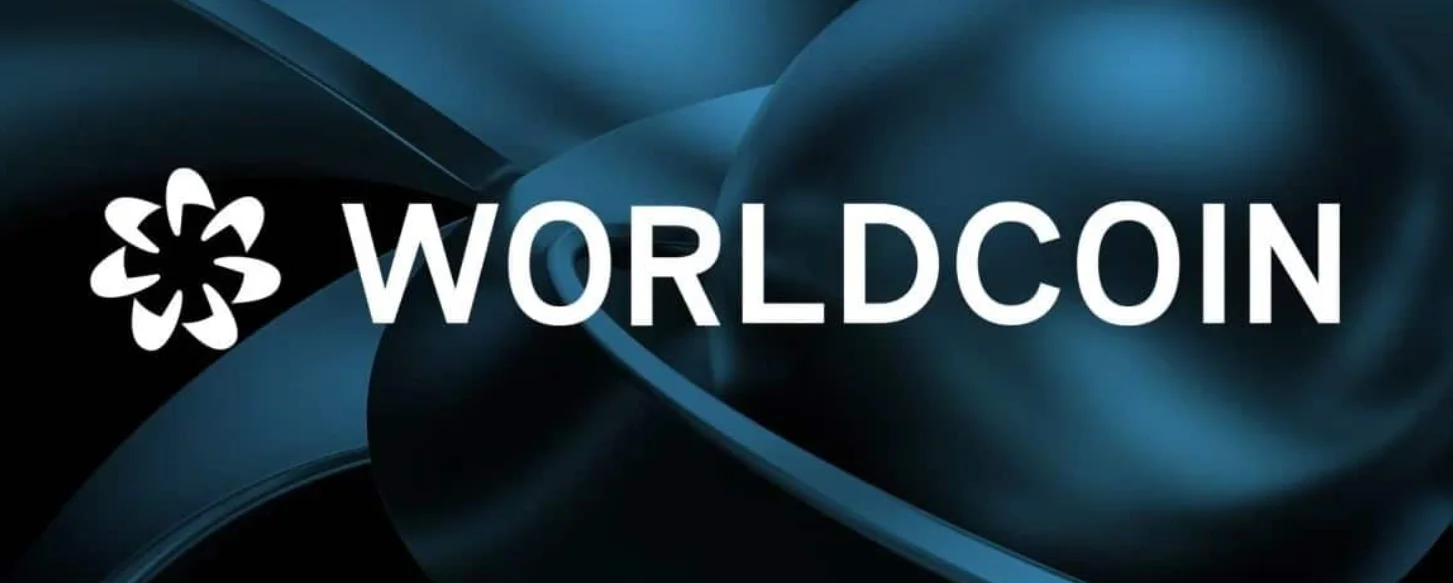As per a Moneycontrol report, on December 21, Worldcoin disabled its offline Iris Scanning verification function for consumers in three markets, including India, Brazil, and France.

Worldcoin devised the Orb, a device that verifies humanness and uniqueness through eyeball scanning, to onboard residents of regions where conventional identification is inaccessible.
To encourage offline onboarding, the organization provided incentives through USDC for local Orb operators. Worldcoin initiated the distribution of rewards in its native token, WLD, in November.
Moneycontrol reports that Worldcoin “silently discontinued” the orb authentication process in India “three to four months ago,” even though lines have formed in some areas of the country for Orb operators.
Nevertheless, Tools for Humanity, the governing organization of Worldcoin, clarified from the beginning that the Orb was a “limited-time access” initiative in India, France, and Brazil.
The collection of private information, including iris scans, as part of the registration procedure has embroiled Worldcoin in many public controversies. Critics have consistently asserted that the OpenAI founder Sam Altman-initiated project is morally dubious and possesses the potential to materialize into a “dystopian nightmare.”
Even regulators have expressed skepticism. In 2022, German financial authorities initiated an inquiry into Worldcoin. In the days following the project’s introduction, the data regulatory body of the United Kingdom also issued a threat of investigation. Kenya has strictly prohibited the use of Worldcoin within its borders.
In August, a security platform known as CertiK disclosed a flaw in the authentication procedures for Orb operators. The vulnerability may have enabled an assailant to operate an Orb without undergoing an interview or possessing an appropriate identification document.
